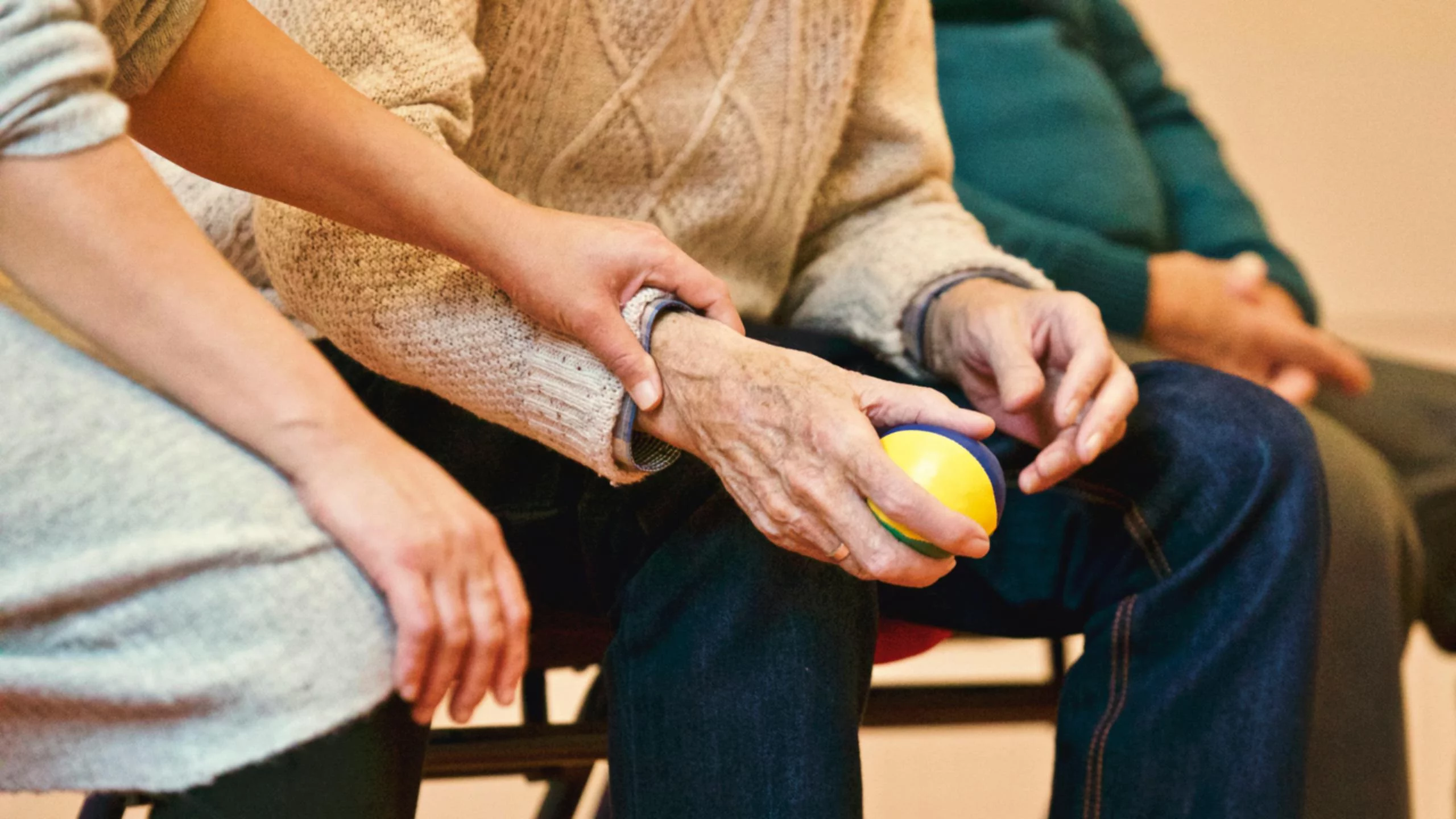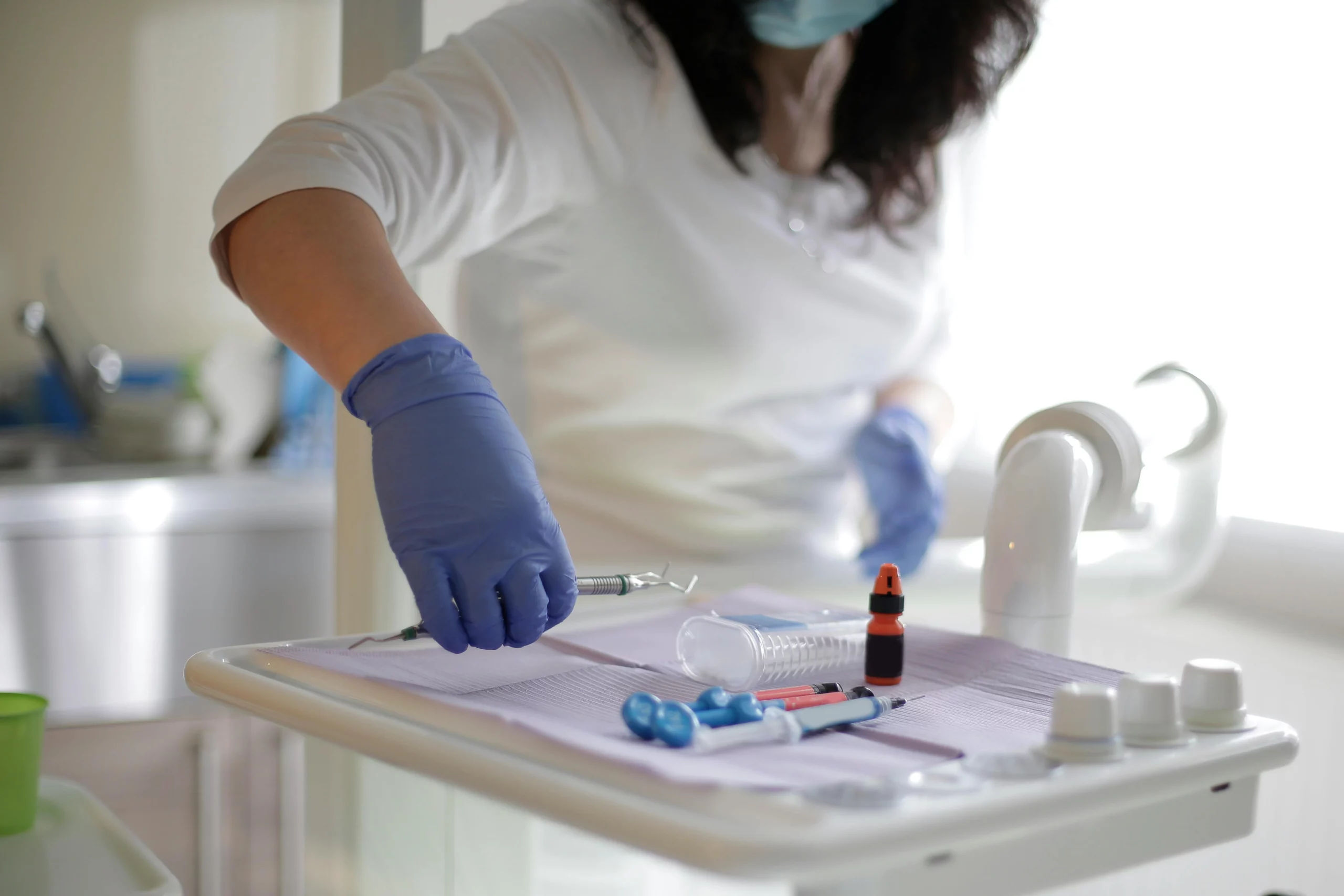What is a Mental Health Nurse?
A mental health nurse, also known as a psychiatric nurse or behavioral health nurse, is a specialized registered nurse (RN) who provides comprehensive care and support to individuals experiencing mental health disorders or psychological distress. Mental health nurses work in a variety of settings, including psychiatric hospitals, community mental health centers, residential treatment facilities, and outpatient clinics, where they collaborate with multidisciplinary teams to assess, diagnose, and treat mental health conditions and facilitate holistic recovery.
Mental Health Nurse Job Description
Are you passionate about providing compassionate care to individuals struggling with mental health challenges? We are currently seeking dedicated and empathetic mental health nurses to join our dynamic healthcare team. As integral members of our mental health unit, successful candidates will play a vital role in promoting mental wellness, providing therapeutic interventions, and supporting patients on their journey to recovery.
As a mental health nurse, you will have the opportunity to assess patients’ mental health needs, develop individualized care plans, administer psychotropic medications, and implement therapeutic interventions to promote emotional stability, symptom management, and functional improvement. Your clinical expertise, therapeutic communication skills, and compassionate care approach will be instrumental in helping patients achieve optimal mental wellness and quality of life.
The ideal candidates will possess strong assessment skills, crisis intervention abilities, and cultural competence to effectively address the diverse needs of individuals with mental health concerns in a supportive and nonjudgmental manner.
What Does a Mental Health Nurse Do?
- Assess patients’ mental health status, including mood, cognition, behavior, and psychosocial functioning, using evidence-based assessment tools, clinical interviews, and observation techniques to identify mental health disorders, symptoms, and risk factors.
- Collaborate with multidisciplinary healthcare team members, including psychiatrists, psychologists, social workers, and counselors, to develop comprehensive treatment plans that address patients’ unique needs, preferences, and treatment goals.
- Administer psychotropic medications, monitor medication efficacy and side effects, and educate patients and their families about medication management, potential adverse reactions, and therapeutic benefits to enhance treatment compliance and adherence.
- Implement therapeutic interventions, psychoeducation, and behavioral modification techniques to assist patients in developing coping skills, stress management strategies, and relapse prevention strategies to maintain emotional stability and functional independence in daily living activities.
- Provide crisis intervention, de-escalation techniques, and support to patients experiencing acute psychiatric crises, suicidal ideation, homicidal ideation, or aggressive behaviors to ensure their safety, stabilize their condition, and prevent harm to self or others.
- Facilitate individual, group, and family therapy sessions to address interpersonal conflicts, improve communication skills, enhance social support networks, and promote emotional healing, resilience, and recovery among patients and their families.
- Collaborate with community resources, advocacy organizations, and support groups to facilitate patients’ access to ongoing psychiatric care, housing assistance, vocational rehabilitation, and community-based support services to promote holistic recovery and reintegration into the community.
- Participate in interdisciplinary treatment team meetings, case conferences, and clinical supervision sessions to review patient progress, discuss treatment modalities, and coordinate care transitions to ensure continuity of care and optimal treatment outcomes.
How Much Do Mental Health Nurses Make?
The base salary for Psychiatric Nurses generally falls within the range of $76,900 to $94,900, with an average base salary of $84,100. When factoring in additional components such as annual incentives, the total cash compensation can fluctuate between $76,900 and $95,000, with an average total cash compensation of $84,100.
Skill Requirements
- Clinical Expertise: Mental health nurses must possess advanced knowledge, skills, and competencies in psychiatric nursing practice, including mental health assessment, crisis intervention, psychopharmacology, and therapeutic modalities, to provide comprehensive, evidence-based care to individuals with mental health disorders.
- Therapeutic Communication: Effective therapeutic communication skills are essential for mental health nurses to establish therapeutic relationships, build rapport, convey empathy, and facilitate open, honest, and nonjudgmental communication with patients, families, and multidisciplinary team members.
- Crisis Intervention: Mental health nurses should demonstrate proficiency in crisis intervention techniques, de-escalation strategies, and suicide risk assessment protocols to effectively manage psychiatric emergencies, stabilize patients in crisis, and prevent harm to self or others in acute care settings.
- Cultural Competence: Cultural competence is crucial for mental health nurses to understand and respect the diverse cultural backgrounds, beliefs, values, and norms of individuals with mental health concerns, ensuring culturally sensitive, person-centered care that promotes inclusivity, equity, and cultural humility.
- Empathy and Compassion: Mental health nurses must exhibit empathy, compassion, and sensitivity in addressing the emotional, psychological, and spiritual needs of patients and their families, fostering a supportive, therapeutic environment that validates their experiences, fosters hope, and promotes healing.
- Professionalism and Ethical Practice: Mental health nurses should adhere to professional standards of practice, ethical principles, and legal regulations governing psychiatric nursing care, including patient confidentiality, informed consent, autonomy, beneficence, nonmaleficence, and justice, to ensure ethical, legal, and responsible patient care delivery.
- Continuous Learning and Professional Development: Mental health nurses are encouraged to engage in lifelong learning, continuing education, and professional development activities to enhance psychiatric nursing competencies, expand clinical knowledge, and stay abreast of advances in mental health care, evidence-based practice, and recovery-oriented approaches.
Example KPIs for a Mental Health Nurse
- Patient Safety and Therapeutic Engagement: This KPI measures mental health nurses’ effectiveness in ensuring patient safety, therapeutic engagement, and positive treatment outcomes by establishing trust, rapport, and therapeutic alliances with patients, fostering collaborative treatment planning, and implementing evidence-based nursing interventions that promote emotional stability, symptom management, and functional improvement.
- Crisis Management and De-Escalation: This KPI evaluates mental health nurses’ proficiency in crisis management, de-escalation techniques, and suicide risk assessment to effectively intervene in psychiatric emergencies, mitigate acute symptoms, and prevent harm to self or others in crisis situations, ensuring patient safety and well-being in acute care settings.
- Medication Management and Adherence: This KPI assesses mental health nurses’ competency in medication management, psychopharmacology, and medication administration protocols to ensure accurate medication prescribing, dosing, monitoring, and documentation, optimize therapeutic outcomes, and minimize adverse drug reactions, medication errors, and nonadherence issues in psychiatric care.
- Therapeutic Communication and Relationship Building: This KPI evaluates mental health nurses’ therapeutic communication skills, active listening abilities, and empathy in establishing therapeutic relationships, facilitating open dialogue, and promoting patient engagement, empowerment, and collaboration in treatment planning, ensuring patient-centered, culturally sensitive care delivery.
- Multidisciplinary Collaboration and Care Coordination: This KPI measures mental health nurses’ collaboration, communication, and teamwork with multidisciplinary healthcare team members, including psychiatrists, psychologists, social workers, and counselors, to coordinate comprehensive, holistic care plans, facilitate care transitions, and optimize treatment outcomes for individuals with mental health disorders.
- Professional Development and Quality Improvement: This KPI assesses mental health nurses’ participation in professional development activities, continuing education programs, and quality improvement initiatives to enhance psychiatric nursing competencies, promote evidence-based practice, and contribute to ongoing efforts to improve patient care quality, safety, and satisfaction.
How Can Glider AI Help You with Hiring a Mental Health Nurse?
Glider’s recruitment platform is designed to prioritize competency over credentials, enabling organizations to assess candidates’ skills objectively and efficiently. Utilize Glider AI Skill Intelligence™ to streamline the hiring process, identify top-quality Mental Health Nurse candidates, and ensure a mobile-first, candidate-friendly experience.
Glider AI’s Unique Features
- Verify Medical Licenses
- Validate Hundreds of Medical, Clinical, and Technical Skills
- Ensure Hiring Compliance
- Conversational Chatbot for Talent Screening
- Powerful candidate analytics
- Streamline Healthcare Hiring with AI and Automation
Go ahead and spotlight your Mental Health Nurse with Glider AI today!
Schedule a Demo or contact us at info@glider.ai




